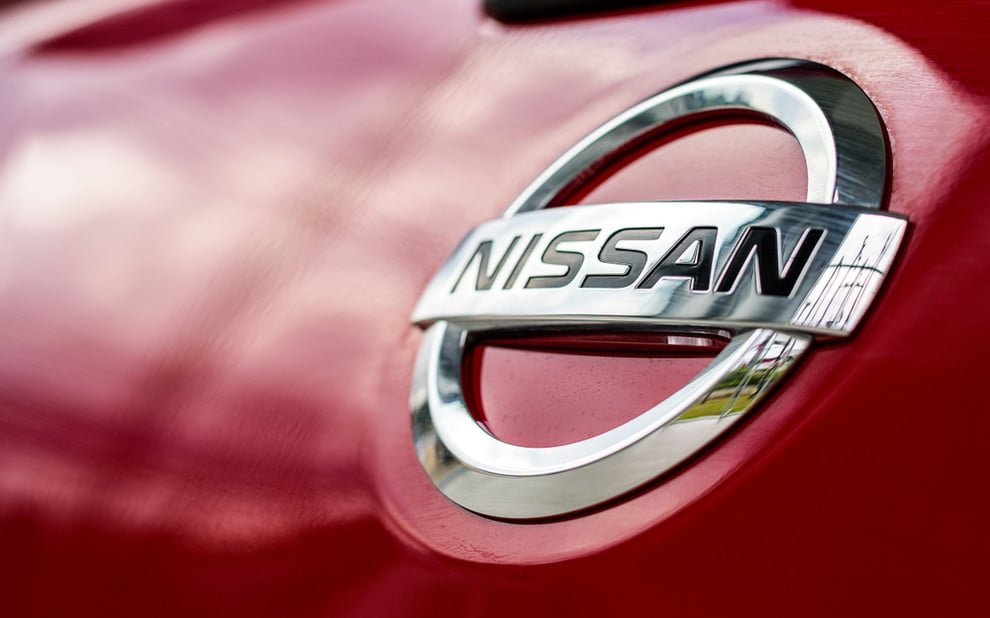Mercedes Exit Deepens Nissan’s Slide as Losses Mount and Value Evaporates
Shares of carmaker Nissan fell more than 6% in Tokyo after Mercedes-Benz’s pension fund dumped its entire 3.8% holding, a clean break that reveals investors’ dwindling patience with the Japanese company’s turnaround.
The sell-off extends a year-to-date decline beyond 28%, pushing market capitalisation below €7.4bn, levels that leave the group a fraction of its pre-crisis worth and raise its effective cost of equity just as cash preservation is the most important.
Management has already suspended guidance and embarked on a restructuring that includes roughly 20,000 job cuts and factory closures, highlighted by shuttering the flagship Oppamaplant, to compress fixed costs and stabilise margins.
The urgency is clear in the numbers. For the year to March, Nissan posted a net loss of roughly €3.91bn, followed by a further €674mn net loss in the April–June quarter. A brief bounce in July, after talk of U.S. import tariffs falling toward 15%, proved fleeting as balance-sheet realities reasserted themselves and equity holders absorbed dilution risk and weaker volume assumptions.
What Does This Mean for Me?
Nissan’s alliance with another carmaker, Renault, remains pivotal but financially painful: the French partner, which rescued Nissan in 1999 and once held about 43%, has recorded nearly €10bn of non-cash losses tied to its stake.
With asset sales, headcount reductions and plant rationalisation now central to the plan, Nissan is racing to align costs with softer demand and a tougher pricing environment, doing so while its share price, credit perception and investor base all price in a longer, costlier recovery.

More News

Market Roundup: What Happened Yesterday and What Awaits Us Today (February 20)

Market Roundup: What Happened Yesterday and What Awaits Us Today (February 19)

Market Roundup: What Happened Yesterday and What Awaits Us Today (February 19)

Market Roundup: What Happened Yesterday and What Awaits Us Today (February 18)

Market Summary: What Happened Yesterday and What Awaits Us Today (February 16)

Market Summary: What Happened Yesterday and What Awaits Us Today (February 13):

Market Summary: What Happened Yesterday and What Awaits Us Today (February 12)
